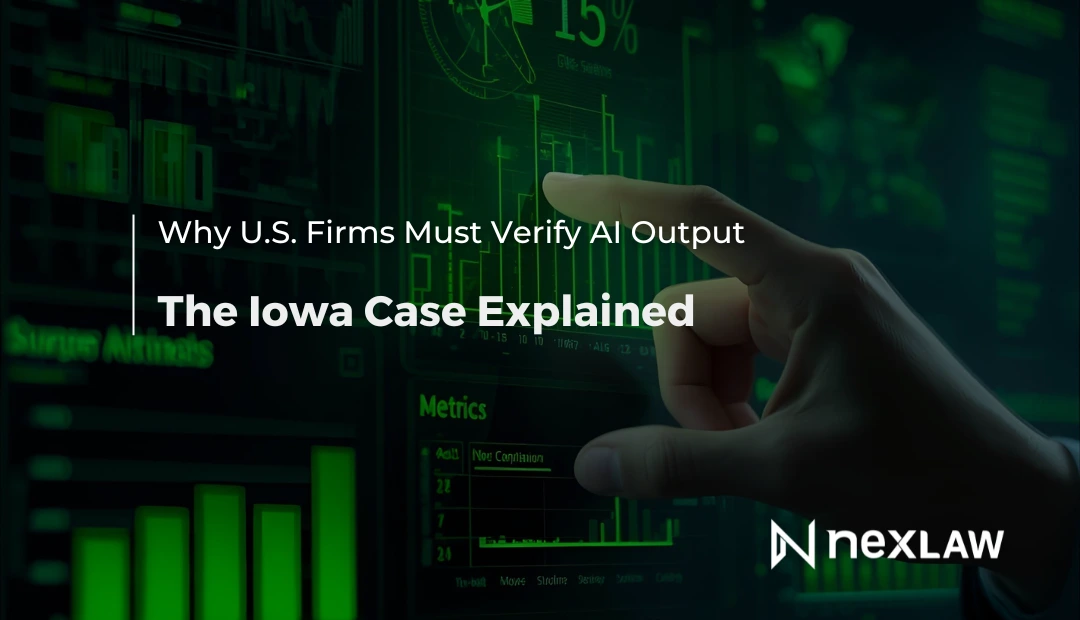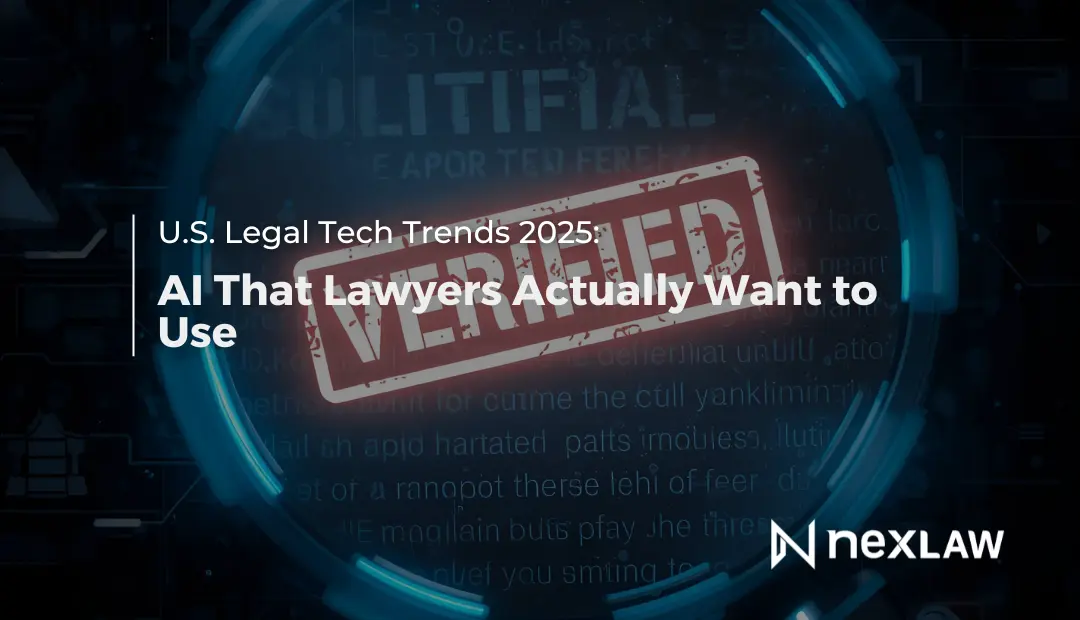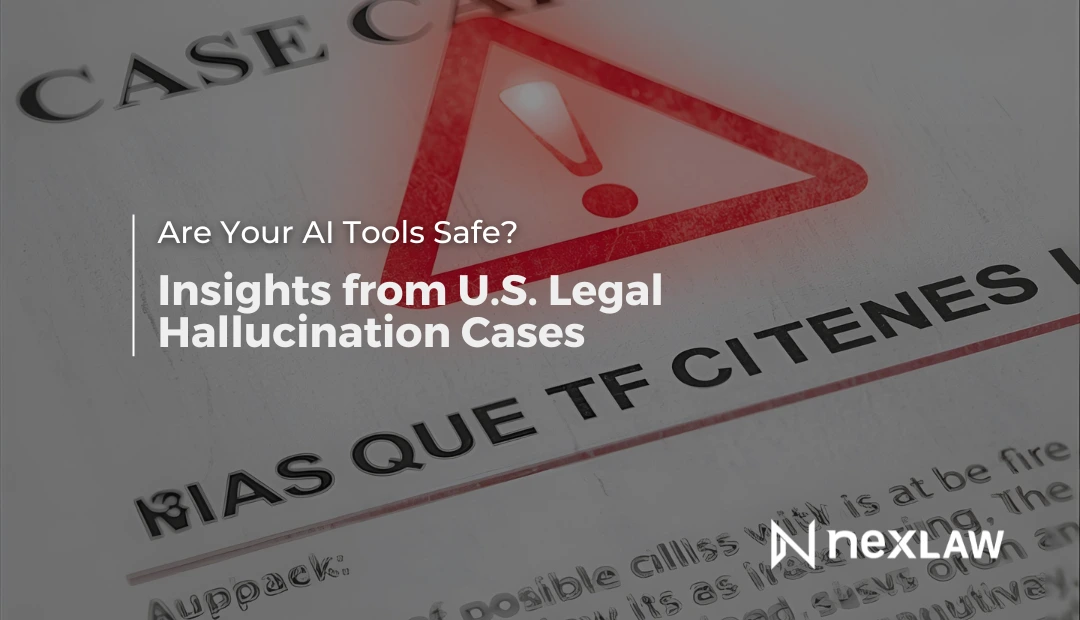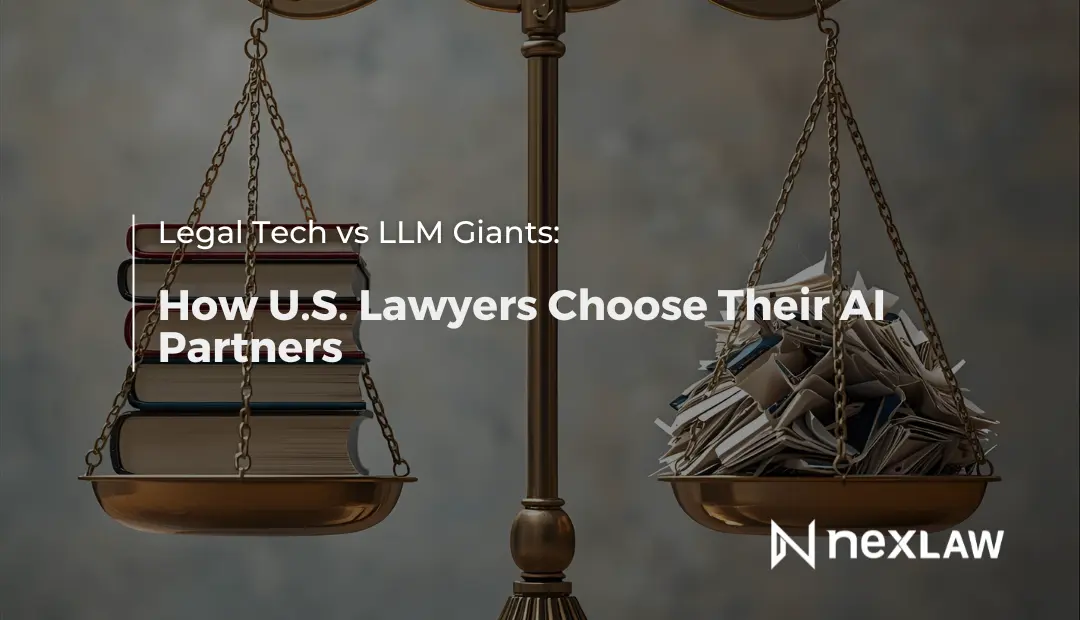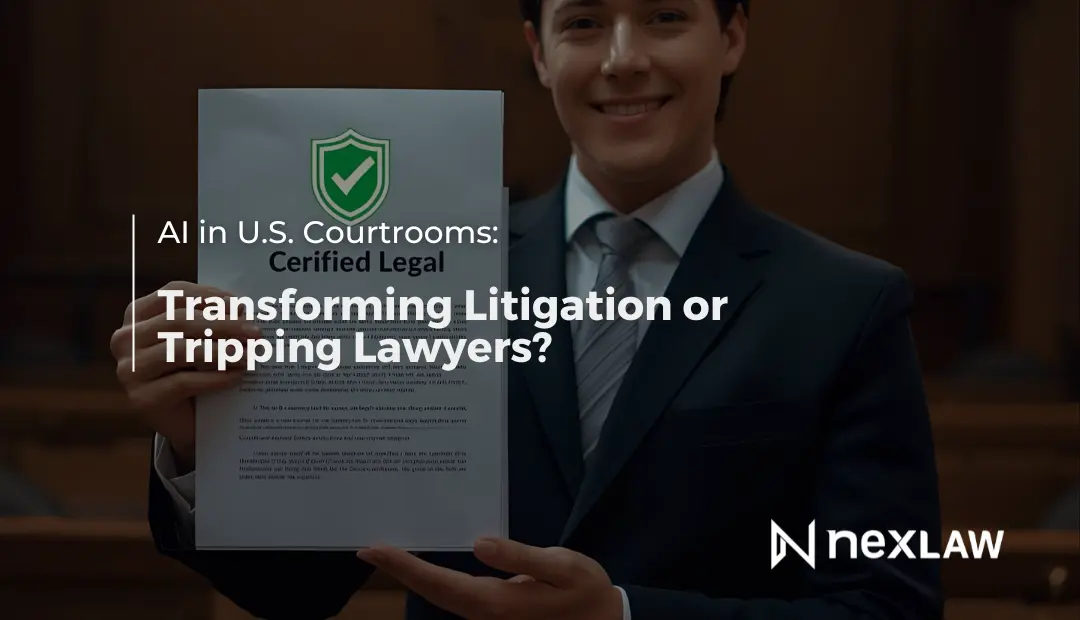Why U.S. Firms Must Verify AI Output — The Iowa Case Explained
When Legal AI Goes Wrong in the Real World
AI is changing how U.S. law firms manage research, document review, and client communication. But when attorneys trust AI blindly, the consequences can be serious.
Unlock Legal Insights Instantly!
One recent case out of Iowa has become a cautionary tale for firms across the country. It serves as a stark reminder: AI is powerful, but it still needs human judgment.
In this article, we’ll unpack what happened in Iowa, what went wrong, and what every law firm should do to prevent the same mistake.
What Happened in the Iowa Case?
In early 2025, a mid-sized Iowa law firm submitted a court filing that relied heavily on AI-generated research. The brief included legal arguments, case law, and statutory analysis produced by an AI assistant.
There was only one problem—several of the cases cited did not exist. Others were real but misrepresented. When opposing counsel flagged the errors, the court launched a review.
The attorneys admitted they had used an AI tool to draft large portions of the document. Although they had skimmed the output, they did not verify every citation or quote. The court considered sanctions, and the firm faced reputational fallout in the local legal community.
Key Issues Identified by the Court
The Iowa judge highlighted several professional failures:
- Failure to verify sources — The firm relied on AI without confirming the accuracy of its citations
- Lack of attorney supervision — Staff paralegals used the AI tool with minimal attorney review
- Overreliance on technology — The firm assumed AI-generated legal content was reliable
- No documentation — There was no internal log or record of what content was AI-generated
This case did not result in disbarment or fines, but the court’s opinion strongly emphasized that AI tools must be supervised by licensed attorneys.
Why Verification Matters More Than Ever
AI tools are growing more sophisticated, and many now produce natural-sounding summaries, legal arguments, and citation lists. But that polish can be misleading. Without context, models may pull outdated rulings, irrelevant jurisdictions, or entirely fabricated information.
The core issue is this: The appearance of authority is not a substitute for actual legal accuracy.
For legal professionals, that means AI can assist—but never replace—due diligence.
Verification Checklist for Law Firms Using AI
| Verification Step | Action Required |
|---|---|
| Check Citations | Cross-reference every case and statute with a trusted legal database. |
| Review Content | Have a licensed attorney review for legal accuracy, tone, and context. |
| Confirm Sources | Ensure the AI output is traceable to verifiable documents or case law. |
| Document the Process | Log the tool used, the prompt, and who conducted the final review. |
By turning verification into a workflow, firms can safely integrate AI without risking credibility or sanctions.
Lessons from the Iowa Case for U.S. Firms
1. Treat AI Like a Junior Associate
AI can help with research, summarizing, and drafting. But just like a junior team member, everything must be reviewed and approved before going out the door.
2. Document Your AI Usage
Create logs that show which tools were used, what outputs they generated, and who reviewed them. This shows responsibility and transparency.
3. Avoid One-Click Legal Workflows
If your AI tool offers to auto-generate a full motion or argument, that’s a red flag. Real legal work requires contextual understanding.
4. Train Your Team
Don’t assume your paralegals or associates understand the risks. Create a short internal policy on how and when AI can be used—and always review.
Clients Are Watching, Too
Beyond the courtroom, AI misuse can also erode client trust. Clients expect accuracy, privacy, and professionalism.
If they learn your firm submitted false citations because of an unchecked AI tool, the reputational damage may be far worse than a court sanction.
Some firms have even begun including AI disclosure clauses in engagement letters to signal transparency and risk mitigation.
How NexLaw Ensures Verifiable Legal AI
NexLaw’s platform was built to prevent the kind of issues exposed in the Iowa case.
- NeXa provides research with citation links and jurisdiction filters, so nothing is ever out of context
- ChronoVault 2.0 creates timelines from uploaded case documents, not public data, ensuring traceability
- TrialPrep helps lawyers connect verified facts into arguments, with full editorial control
NexLaw tools are designed to be supervised and verified by licensed attorneys, not used as standalone sources of legal truth.
Final Takeaway: Trustworthy AI Requires Human Oversight
The Iowa case was a warning shot, not an outlier. As legal tech becomes more powerful, the risks of misuse grow as well.
Verification is not optional. It is a professional obligation.
Law firms that embrace AI while maintaining rigorous oversight will gain a real advantage. Those that trust blindly may face consequences.
Try NexLaw today to experience legal AI that keeps verification at the core.
Start your 3-day free trial—no credit card required.
Or unlock full access with a 7-day trial—credit card required.
Prefer a personal walkthrough? Book a demo call with our legal team.
